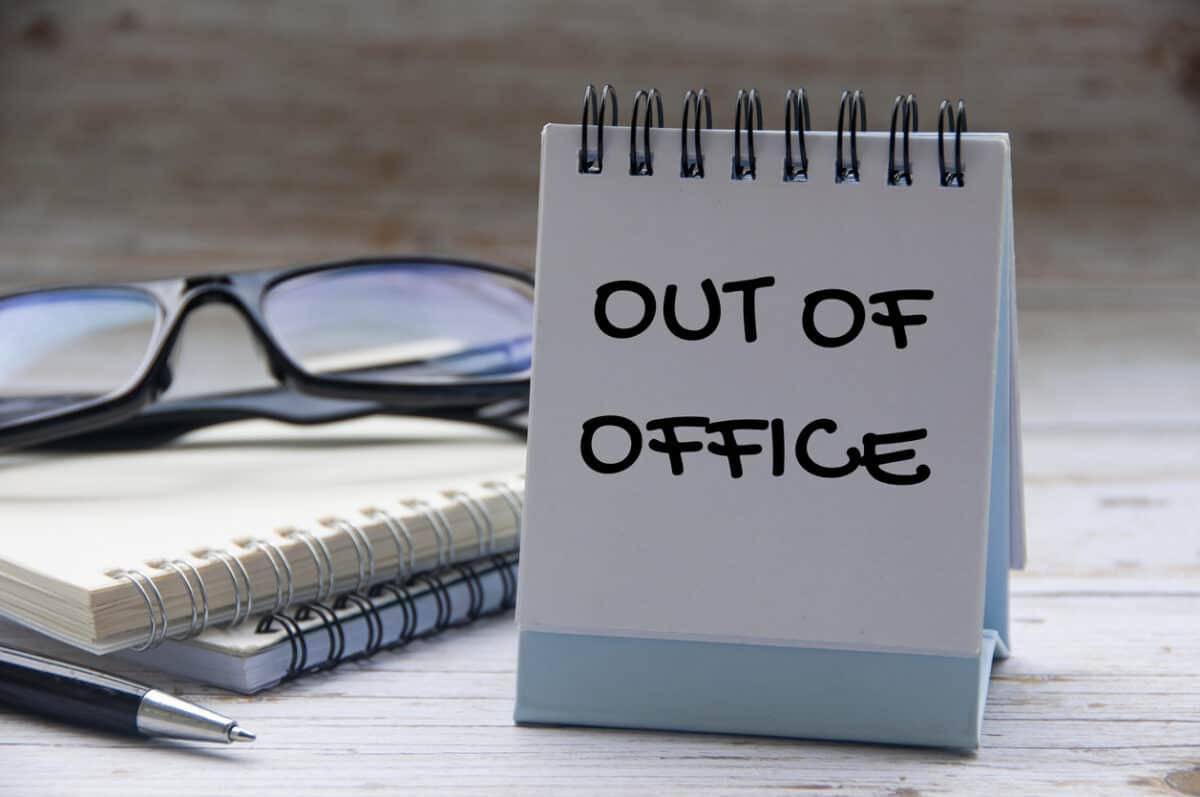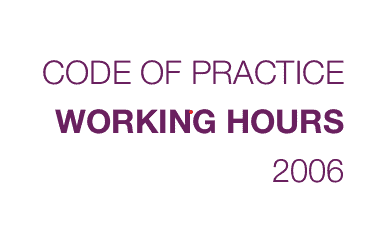There is a curious development in the current discussion in Australia about the newly introduced Right-To-Disconnect (RTD). Many are conflating RTD with Working From Home (WFH) – two separate but slightly overlapping changes to the world of work – which is impeding valid and necessary discussion.
Working From Home largely emerged as a response to the coronavirus pandemic and used flimsy work structures to provide business continuity. The WFH arrangements would have been unlikely to have been so widespread without the federal government’s investment in the National Broadband Network and the commercial growth in mobile phone communication infrastructure. However, that same infrastructure and investment have contributed to the problem that Right-To-Disconnect is intended to address.







